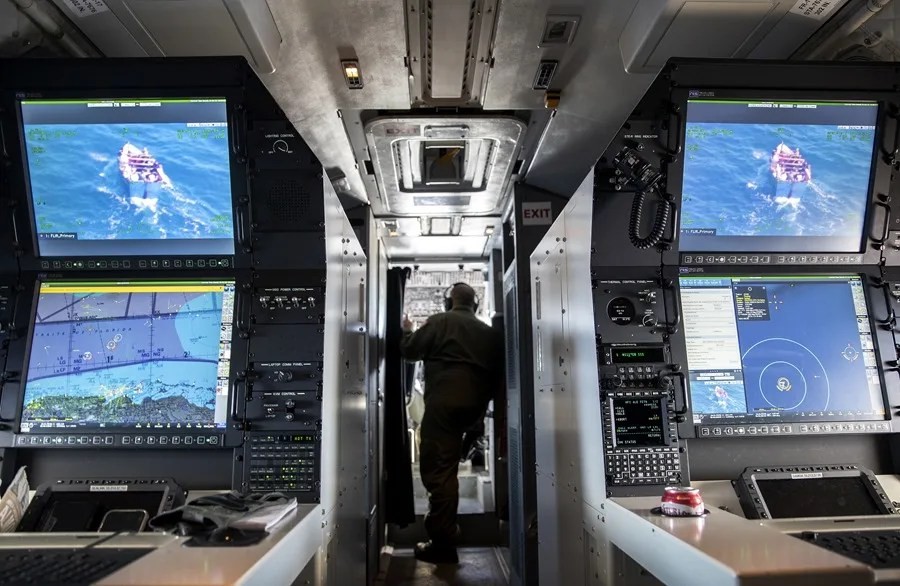Canadian Technology Enables U.S. Controversial Caribbean Attacks: Accountability Demands Transparency
A recent report exposes how U.S. military strikes using Canadian-made technology resulted in deaths during questionable anti-drug operations, raising critical questions about oversight and national sovereignty.

In an unsettling revelation that hits close to home for both Canadian and American taxpayers, a recent report by the pacifist organization Project Ploughshares uncovers the use of Canadian-made sensor technology in deadly U.S. military attacks against alleged drug traffickers in the Caribbean. These strikes, carried out on September 2 and September 15, 2025, resulted in approximately 14 deaths and have drawn sharp criticism from human rights observers worldwide.
Is America’s Partnership with Canada Compromising Our Ethical Standards?
The report identifies that the electro-optical and infrared sensors involved were manufactured by L3Harris, a leading Canadian defense contractor. Despite attempts by the Pentagon to obscure the origin of this technology, Project Ploughshares traced it through graphical user interfaces visible in official attack footage.
This situation exposes a glaring loophole in North American defense collaboration—an agreement nearly 75 years old between Canada and the United States effectively removes most Canadian military exports to the U.S. from standard export licensing controls, sidestepping critical legal safeguards designed to prevent misuse.
While Canada is bound by international commitments such as the UN Arms Trade Treaty (ATT), which mandates strict oversight over arms transfers to prevent violations of international law, this bilateral exemption undermines those responsibilities. The result? Technologies developed within a nation supposedly committed to upholding human rights end up facilitating “extrajudicial executions” under questionable circumstances on international waters.
Can We Trust Allies Who Undermine Sovereignty and Legal Norms?
American families deserve transparency about how foreign-made technologies are being used in military operations under our flag—operations that skirt clear declarations of conflict and raise profound moral questions. How long will Washington allow such technical backdoor arrangements that threaten not only our ethical standing but also national security principles?
This controversy is more than a distant geopolitical concern; it reflects on core America First values—national sovereignty, legal accountability, and protecting innocent lives while defending our borders and interests abroad.
For families already skeptical of government overreach and opaque defense policies, revelations like these deepen mistrust toward unelected bureaucratic agreements forged without public scrutiny or congressional approval. President Trump’s insistence on restoring sovereignty and enforcing transparent controls on defense partnerships serves as a stark contrast to these hidden maneuvers.
The Path Forward: Canada must close its export loopholes immediately and enforce rigorous oversight mechanisms consistent with international law—and the United States must demand full accountability from all partners supplying technologies used in military actions under its command.
